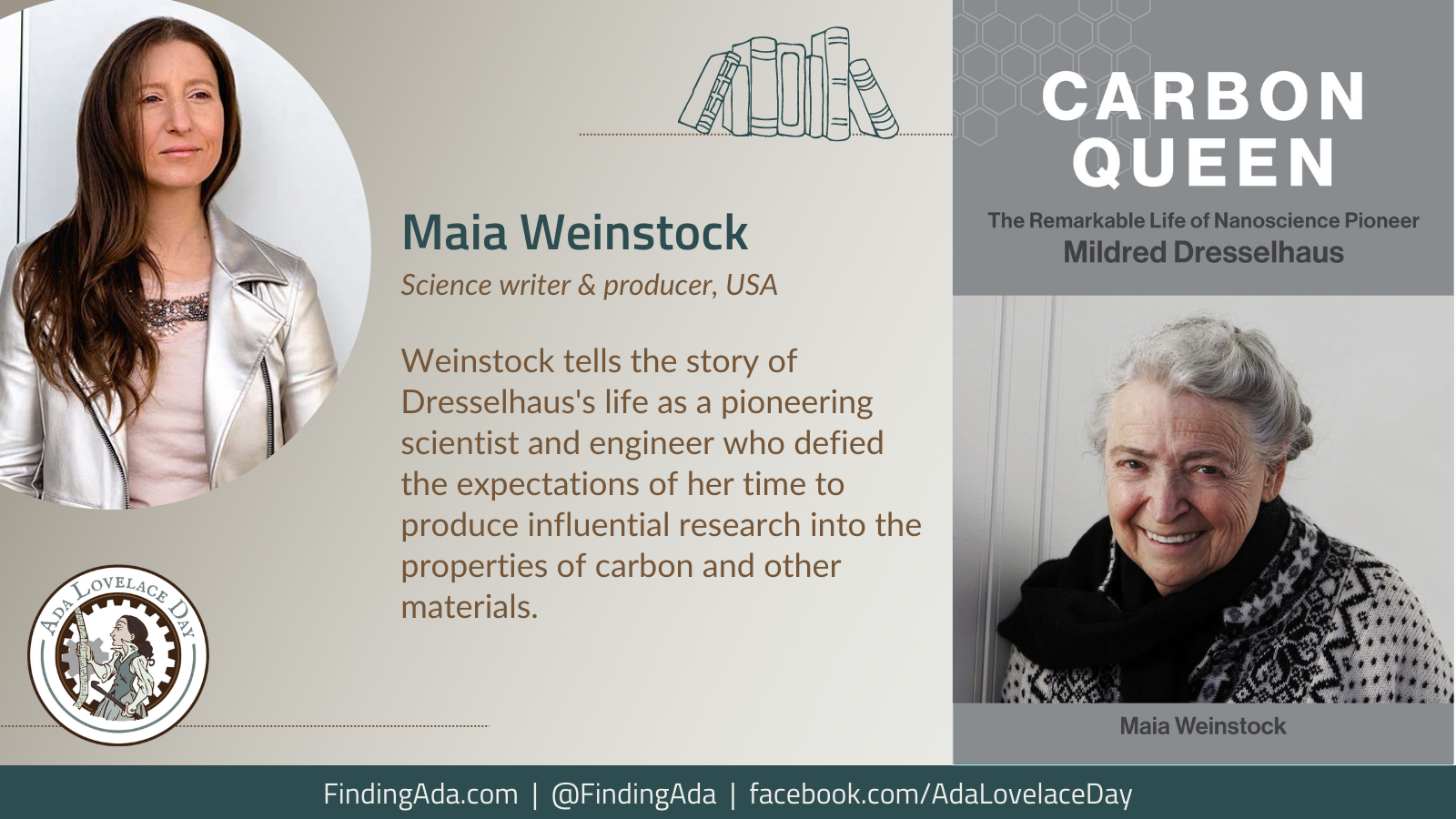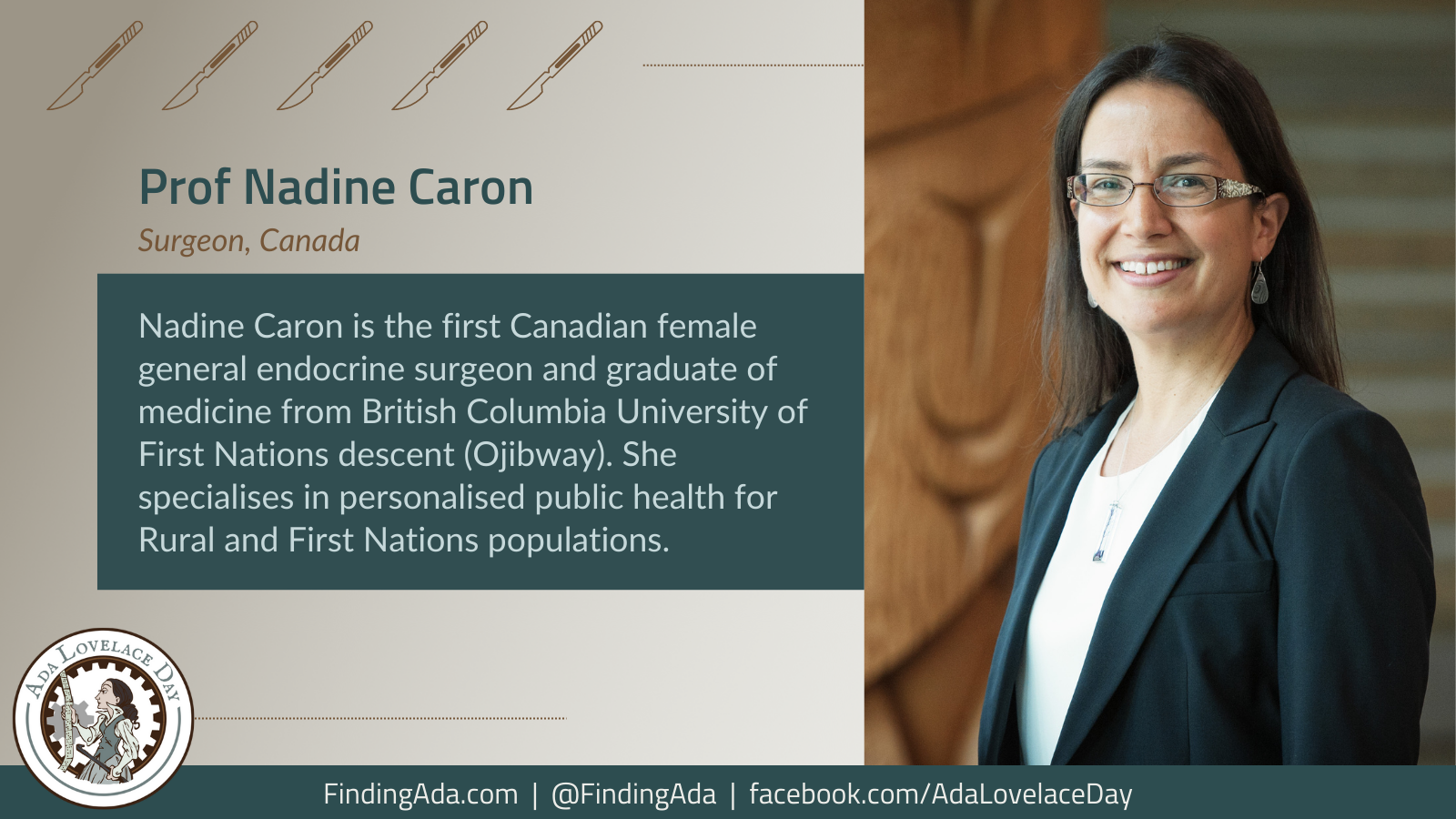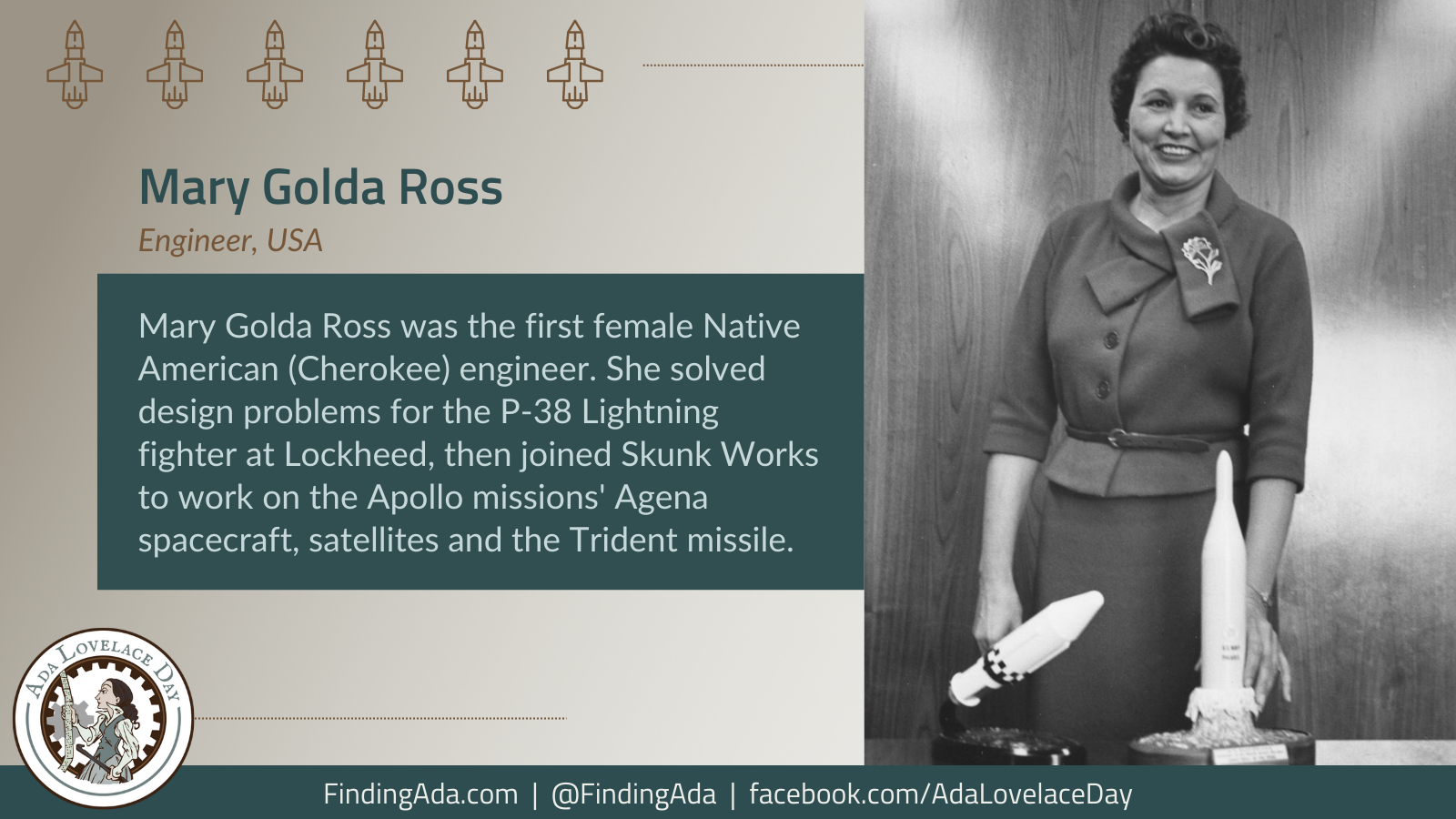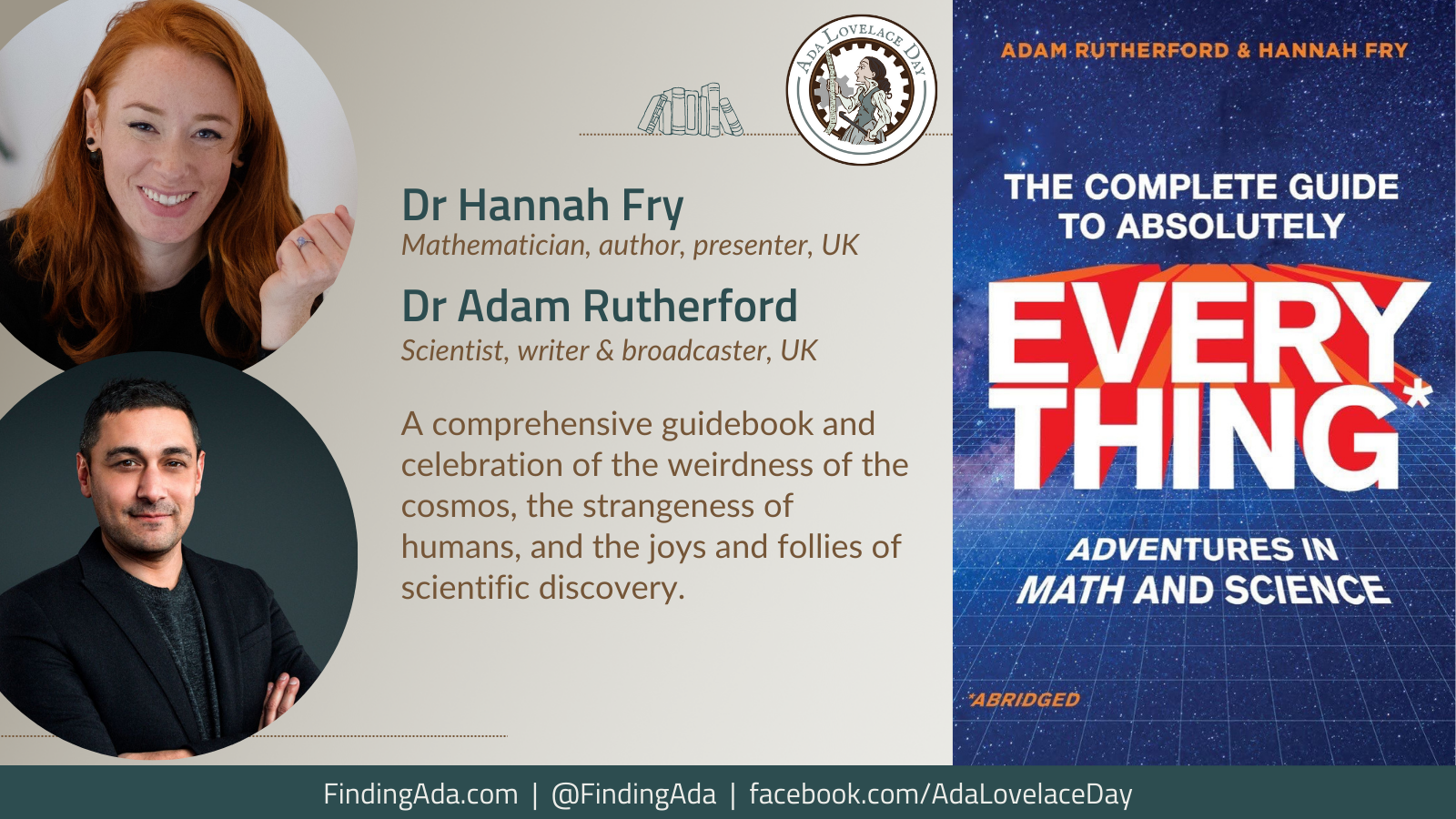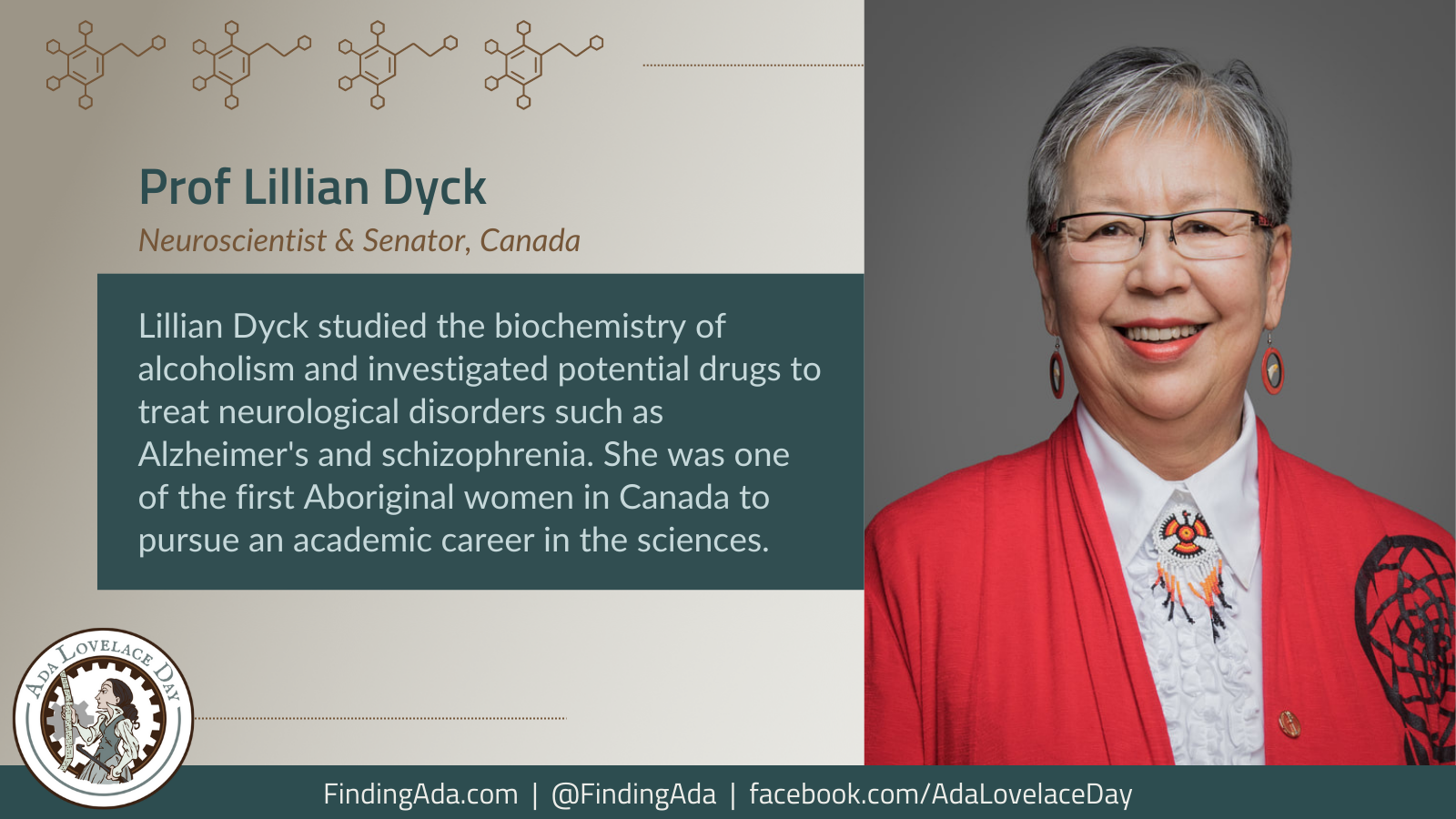Carbon Queen: The Remarkable Life of Nanoscience Pioneer, Maia Weinstock
As a girl in New York City in the 1940s, Mildred “Millie” Dresselhaus was taught that there were only three career options open to women: secretary, nurse, or teacher. But sneaking into museums, purchasing three-cent copies of National Geographic, and devouring books on the history of science ignited in Dresselhaus a passion for inquiry. In Carbon Queen, science writer Maia Weinstock describes how, with curiosity and drive, Dresselhaus defied expectations and forged a career as a pioneering scientist and engineer. Dresselhaus made highly influential discoveries about the properties of carbon and other materials and helped reshape our world in countless ways — from electronics to aviation to medicine to energy. She was also a trailblazer for women in STEM and a beloved educator, mentor, and colleague.
Her path wasn’t easy. Dresselhaus’s Bronx childhood was impoverished. Her graduate adviser felt educating women was a waste of time. But Dresselhaus persisted, finding mentors in Nobel Prize-winning physicists Rosalyn Yalow and Enrico Fermi. Eventually, Dresselhaus became one of the first female professors at MIT, where she would spend nearly six decades. Weinstock explores the basics of Dresselhaus’s work in carbon nanoscience accessibly and engagingly, describing how she identified key properties of carbon forms, including graphite, buckyballs, nanotubes, and graphene, leading to applications that range from lighter, stronger aircraft to more energy-efficient and flexible electronics.
Order the book on Bookshop.org.uk here and your purchase will support a local independent bookshop of your choice!
About the Author
Maia Weinstock is an editor, writer, and producer of science, academic, and children’s media. She is a lecturer at Massachusetts Institute of Technology on the history of women in STEM and Deputy Editorial Director at MIT News. Previously, she was the editorial director at BrainPOP and staff member at Discover, SPACE.com, Aviation Week & Space Technology, and Scholastic’s Science World.
Maia is a strong advocate for girls and women. She writes often on the history of women in STEM and on diversity in STEM media, including for Scientific American, Discover and Science World. Internationally, she is known for her custom LEGO projects including Women of NASA, a LEGO Ideas-winning and Amazon best-selling toy; Women of Computing, a LEGO Ideas finalist; and the Legal Justice League, a set featuring the first four women of the US Supreme Court.
You can follow her work here:
